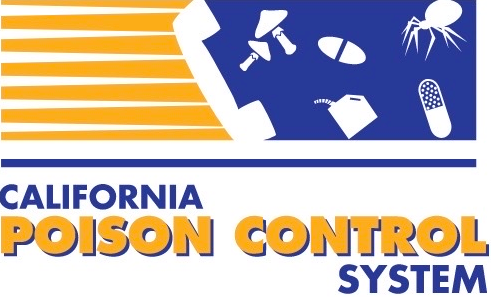Watch the CPCS video about how to wash fruits and veggies (above).
About food poisoning
Food can become spoiled when it is contaminated with disease-causing germs, such as bacteria, parasites, or viruses. Eating spoiled food can result in food poisoning and cause harmful symptoms. Do not eat any food you are unsure about – when in doubt, throw it out.
Symptoms of food poisoning
Food poisoning symptoms usually occur the day after eating something bad. Most of the time, people recover after a few days and do not have lasting effects. Symptoms can range from mild to serious. These symptoms may also occur if a person has a virus or another condition affecting their belly area and should be considered in addition to food poisoning. The following are symptoms of food poisoning:
- Abdominal cramps
- Dehydration
- Diarrhea
- Fever
- Nausea
- Upset stomach
- Vomiting
Causes of food poisoning
- Not storing food at a cold enough temperature
- Not cooking food at a hot enough temperature
- Handling food with unwashed hands
Food poisoning prevention
Safe food storage tips
- Check the expiration date on all foods, especially meats, poultry, and dairy products
- Do not buy or use foods beyond their expiration dates
- Do not let cold or hot food sit out for more than 2 hours (1 hour on hot days)
- Do not use canned goods with bulges, leaks, or dents
- Freeze any fresh meat, poultry, or fish if you won’t be eating them within a few days
- If the room temperature is above 90°F, refrigerate perishable foods within 1 hour
- Refrigerate or freeze perishable foods within 2 hours after buying or preparing
- Store fresh beef, lamb roasts, and steaks no longer than 4 days in the refrigerator
- Store veal or pork roasts no longer than 3 days in the refrigerator
- Store poultry and ground meat no longer than 2 days in the refrigerator
- Use fresh or thawed meats as soon as you can
Safe food preparation tips
- Cook meat, poultry, and seafood thoroughly—meats should be cooked to an internal temperature of 160°F
- Do not thaw foods on the counter top
- If you must thaw in a hurry, put the food in a closed plastic bag and soak in cold water
- Keep raw meats away from fruits, vegetables, and cooked food—do not put them on the same plate
- Thaw foods in the refrigerator or microwave
- Use plastic or tempered glass cutting boards as they are easy to clean
- Use safe home canning practices and follow all safety precautions if you choose to store food in this way
- Wash your hands, kitchen tools, cutting boards, and counters with warm, soapy water before and after handling raw foods
- Wash all fruits and vegetables with running water before eating



